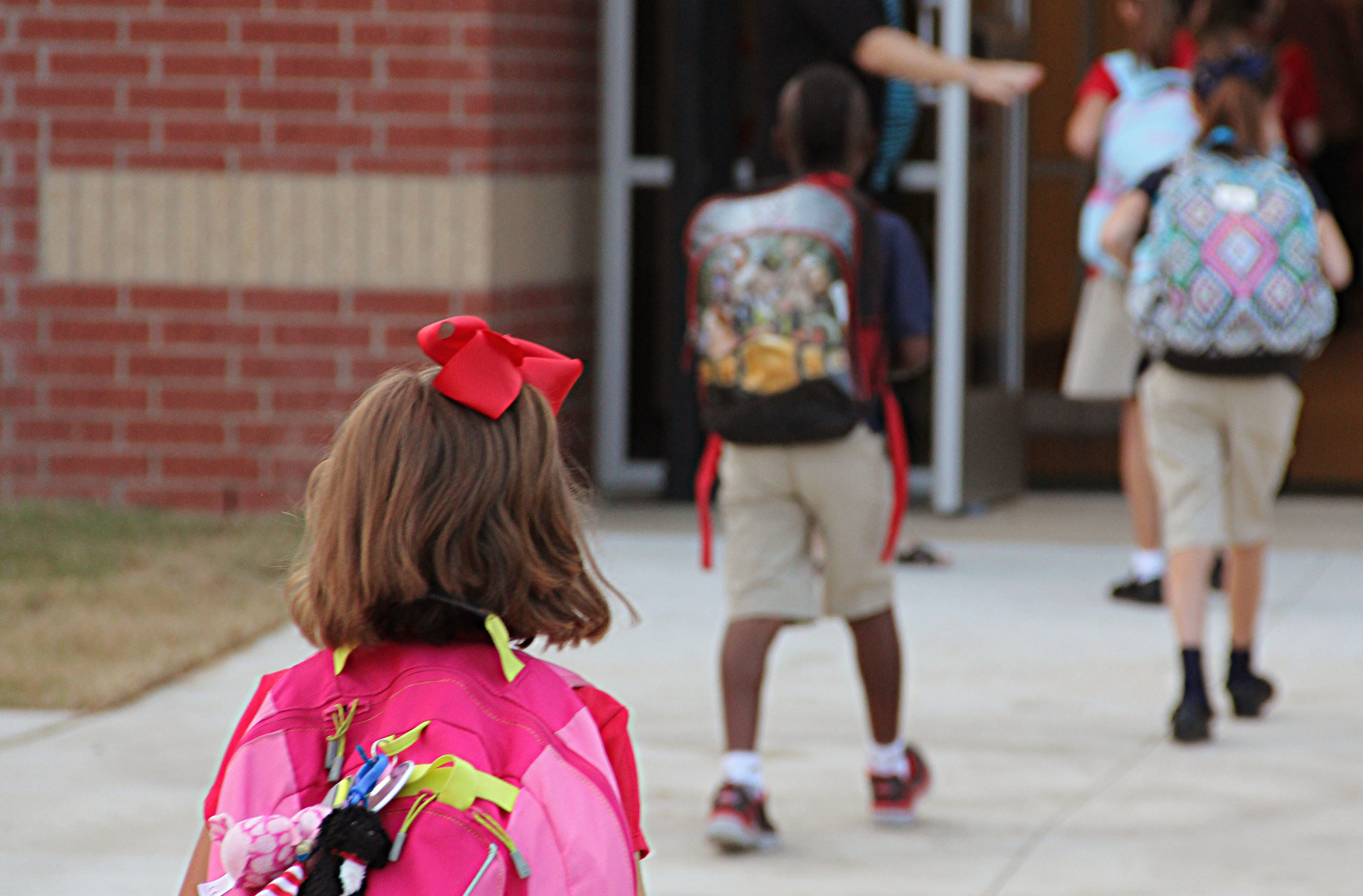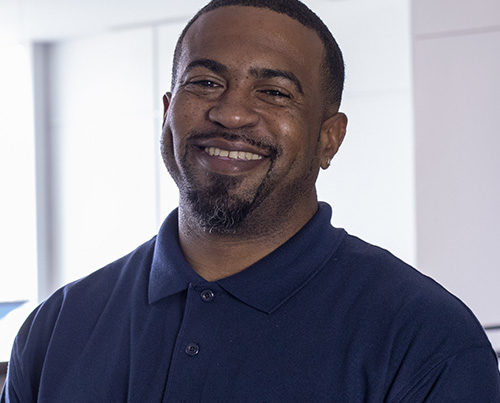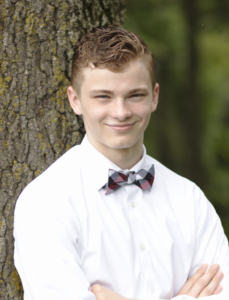In the 2015-16 school year, seven of ResponsiveEd’s Vista Academies were renamed Classical Academies. We visited with Kyle Queal, ResponsiveEd’s Vice-President of Learning and Leadership Development to better understand what the renaming means for our families.
Q.Why is ResponsiveEd changing the Vista name?
A. The simple answer is that we discovered some technical ownership right issues existed with the name ‘Vista’ and a Vista school in the northeast. The easiest solution was simply to change the name on our end.
Q. Why did ReponsiveEd choose to rename the schools Classical Academies?
A. As we studied the Vista academic program we came to realize that many aspects of the program are common to classical schools. We decided to rename the schools to better reflect the academic program they already have. We are not trying to discard the past and start from a clean slate, but trying to strengthen what was already there from the beginning. This effort is intended to be a transition of continued growth and not a radical conversion. From the beginning Vista has been arguably very classical in its origin and elements.
Q. Which Vistas have undergone a name change?
A. For the 2015/2016 school year the campuses we have transitioned into Classical Academies are a core group of established Vistas in the Dallas/North Texas area. We are currently in the process of finalizing the transition plan for the remaining Vistas. To date the list of former Vista schools that have already been renamed include:
- Carrolton Classical Academy
- Clay Classical Academy
- Coppell Classical Academy
- Corinth Classical Academy
- Denton Classical Academy
- Richardson Classical Academy
- Tyler Classical Academy
Q. What will the name change mean for the schools?
A. There will be a few changes that we are making to draw out the classical elements of the program. Vistas already use Core Knowledge, great literature, phonics, English from the Roots Up, and a strong math program. Core Knowledge is the idea that across the disciplines there is shared common content. Through this we try to provide a curriculum that helps promote cultural literacy and a common knowledge base for all Americans by connecting the subjects. In terms of literature, we have standardized the books across the grade levels into what we call our Classical Canon. We will be strengthening our explicit phonics program as well. English from the Roots Up is a program where the younger children study the Greek and Latin roots of the English language. While we have always focused on math, we are in the second year of using the robust Singapore Math-in-Focus curriculum, which is normally found in private schools and places a strong emphasis on mental math.
Q. What will be new to the program?
A. In terms of visible changes, the name, website and signs will change. We will also be introducing uniforms because we believe it encourages a level of academic seriousness and self-respect. Academically, in addition to Singapore Math, we will be introducing formal Latin and explicit phonics.
To learn more about classical education read, 13 Essential Elements of Classical Education.
Q. Why the emphasis on phonics and Greek and Latin roots?
A. Explicit phonics and understanding the roots of words is important because they get to the root of the significance of classical education. Namely, we are providing students with the tools to be lifelong learners by giving young readers the tools of phonemic awareness, pronunciation and root meaning so they can learn how to understand the relationship between letters, sounds and meanings rather than merely memorizing particular words. It reminds me of a much quoted Chinese proverb: give a man a fish, feed him for a day, teach him how to fish, feed him for a life time. And I think so much of classical, and just good education, has to do with giving young students tools to be lifetime learners, to fish for a lifetime so to speak versus just dumping data into their minds as if they are impersonal, empty buckets needing to be filled. No doubt, students need the right information, but a good education must be about so much more than merely information transmission and test preparation. A truly classical approach to education is about the formation of our students’ minds and imaginations; it is about the cultivation of their character to love what they ought to love.
Q. Why has ResponsiveEd placed a focus on classical education?
A. With our different school programs we try to provide options to families ranging from credit recovery to STEM. Classical education is traditionally only accessible to students in private schools, but we believe it is an education that should be accessible to any and all students. Classical education is important to talk about since it is about promoting wisdom and virtue and preparing our students to live as responsible citizens and lifelong learners in a free society.
Q. ResponsiveEd also has Founders Classical Academies, will the new Classical Academies be the same?
A. To be sure, done in conjunction with Hillsdale College and the Barney Charter School Initiative our Founders model of classical education is a rich and proven academic program. That noted, our organization exists to offer multiple models of educational solutions. As such, we believe there’s room for more than one way to provide a deeply and genuinely classical education. In the transition of Vistas into Classical Academies we are not seeking to transform them into Founders. While they will share much of the same classical content, true to the Vista way these new Classical Academies will have a distinct culture on their campuses. They will have a lot of flexibility to customize their classical identity in light of their existing traditions and student body. They will also have more freedom to address specific student needs with a range of different learning and teaching styles. Another key difference is that our new classical schools will be influenced by the educational philosophy of Charlotte Mason, a 19th century British educational reformer. Three elements of her approach I would like to highlight are her emphasis on the personhood of each child, that minds and imaginations of children deserve a generous curriculum upon which to feast, and that educating children is, in essence, a partnership with parents who are ultimately responsible for their children’s education.
![]()
Facebook Comments Box




